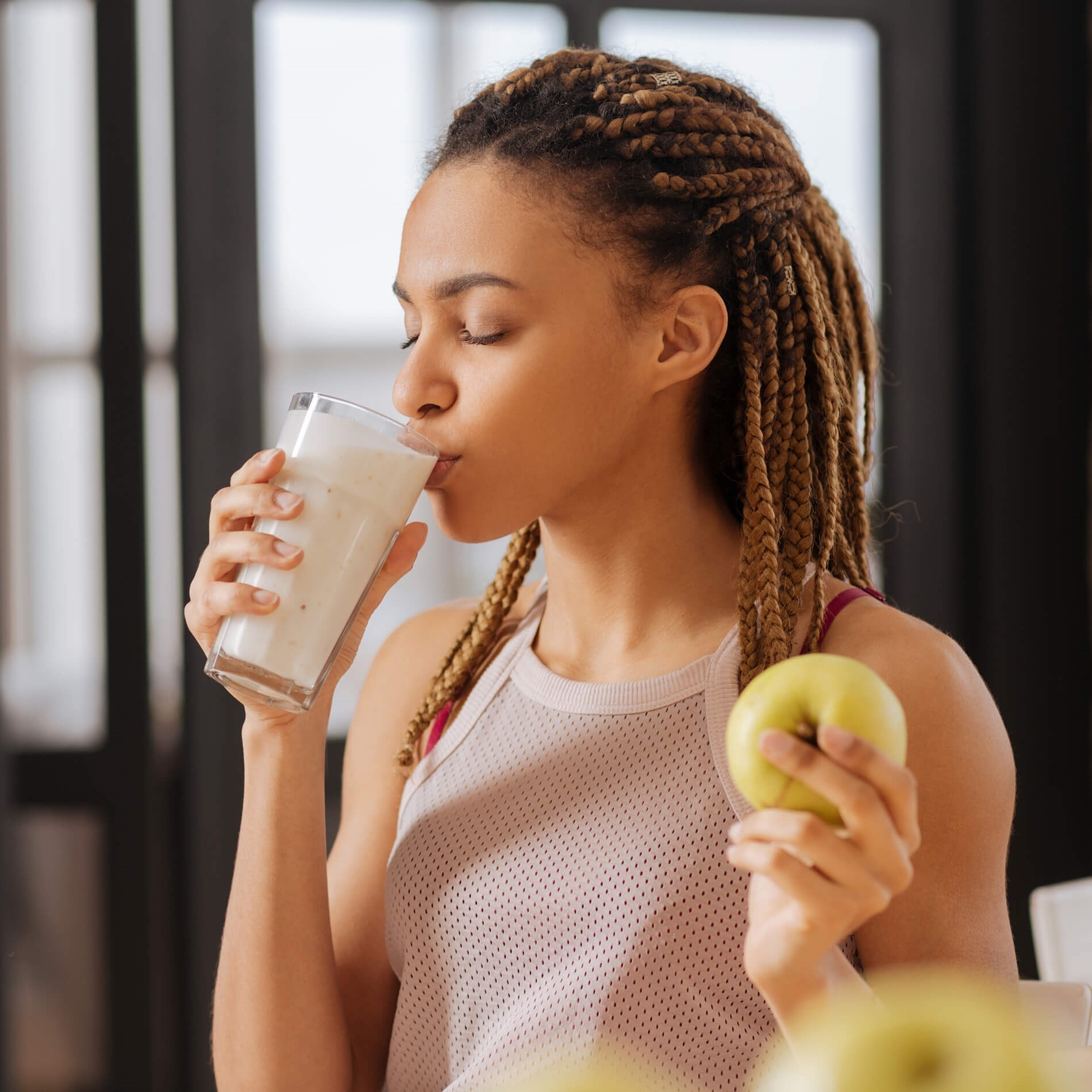Growing Evidence for IBS and Probiotics
With April being IBS awareness month there could be no better time to focus on this distressing syndrome, and the potential role of probiotics in its management. It is thought that up to 1 in 5 people in the UK suffer from IBS at some point in their lives, and whilst the condition is by no means life-threatening, it can cause considerable distress and discomfort. Common symptoms include: bloating, abdominal pain, abdominal distension, wind, constipation and/or diarrhoea. The syndrome has no known cure, so sufferers are often left to simply manage their symptoms as best they can through either dietary or lifestyle changes.
Probiotics are undoubtedly among the most popular therapeutic approaches that people turn to. But what is the evidence behind this?

Clinical Trials:
IBS has two main sub-types, IBS-C (constipation) and IBS-D (diarrhoea), or in some cases a sufferer may alternate between the two symptom patterns, in which case the syndrome is referred to as IBS-M (mixed).
In a 2008 clinical trial 1 86 patients with IBS were divided in to two groups. Half of the participants were given a multi-strain probiotic formula daily for 5 months, whereas the control group were given a placebo. Results showed a greater decrease in Irritable Bowel Syndrome score for the probiotic group than the placebo group (a 14 point decrease as compared to just 3 points in the placebo group). Symptoms that responded especially favourably to the probiotic intervention were both abdominal distension and pain. Additionally, an improvement in the overall microbiota was seen in the probiotic group. The strains used in the multi-strain probiotic formula were: Bifidobacterium animalis ssp. lactis BB-12®, Lactobacillus rhamnosus GG®, Lactobacillus. rhamnosus Lc705, and Propionibacterium freudenreichii ssp. shermanii JS.
A 2014 study 2 in the ‘American Journal of Gastroenterology’, searched MEDLINE, EMBASE, and the Cochrane Controlled Trials Register for randomized controlled trials (RCTs) recruiting adults with IBS or CIC (chronic idiopathic constipation), which compared prebiotics, probiotics and synbiotics with placebo or no therapy. 43 Randomized Clinical Trials were found, and analysis of these 43 trials showed that probiotics had beneficial effects on global IBS, abdominal pain, bloating, and flatulence scores. (Data was sparse for either prebiotics or synbiotics.) The conclusion of the study states that ‘Probiotics are effective treatments for IBS, but further evidence is required before the role of prebiotics or synbiotics in IBS is known’
For further reading on the subject of IBS, you may like to read our FAQ over in the Probiotics Learning Lab:
Natural remedies for IBS
Which probiotics are for IBS?
References
- Kajandar K, Myllyluoma E, Rajlic-Stojanovic M, Kyronpalo SS, Rasmussen M, Jarvenpaa SS, Zoetendal EG, Vos WM, de Vapaatalo H, Korpela R. Clinical trial: multispecies probiotic supplementation alleviates the symptoms of irritable bowel syndrome and stabilizes intestinal microbiota. Aliment Pharmacol Ther. 2008;27(1):48–57. [PubMed]
- Ford AC, Quigley EM, Lacy BE, et al. Efficacy of prebiotics, probiotics, and synbiotics in irritable bowel syndrome and chronic idiopathic constipation: systematic review and meta-analysis. Am J Gastroenterol 2014; 109: 1547–61.
Popular Articles
View all Digestive Health articles-
Digestive Health19 Sep 2024
-
Digestive Health20 Aug 2024
-
Digestive Health18 Mar 2025


